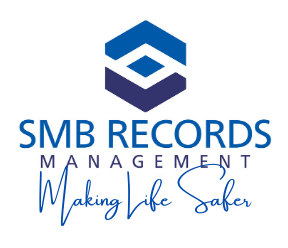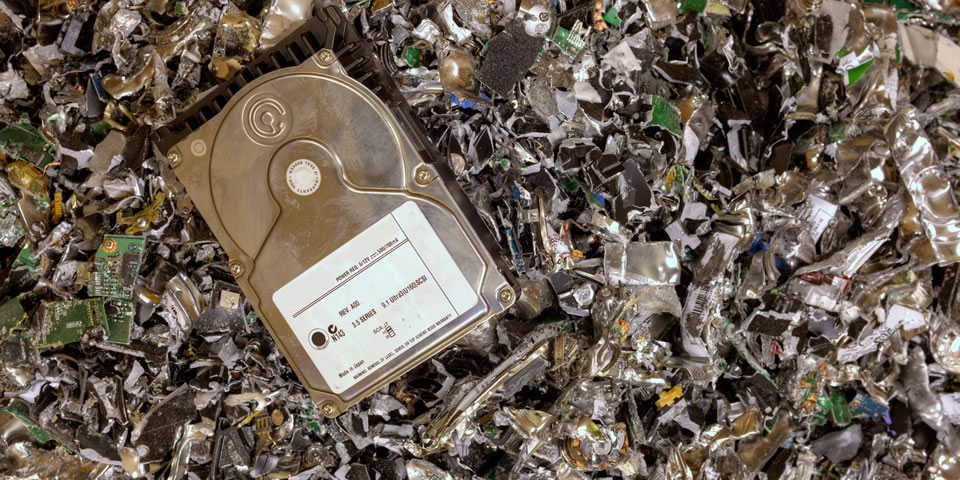Advice on Secure Data Recycling
Secure Data Recycling is no joke! Get it wrong and you can have a really bad day! Allow us to explain all the pro’s and cons to keep you safe.
Services like hard drive shredding ensure both the hardware and the private data is destroyed. Because having any data stolen or lost, can lead to identity theft or heavy fines for data leaks, or both.
Corporations can lose more than just money. The image of a company that holds secure data, such as banks and law firms is also at risk. Furthermore, if a company’s public image is hurt, it cause’s consumers to not use their services. This could cost millions in business losses and positive public relation campaigns
Identity Theft
What can identity thieves do?
If your data ends up n the wrong hands, there are many things a criminal can do with the info.
Financial fraud is the most common use of your data, such as obtaining bank accounts, credit cards or loans. This can also extend to tax rebates, benefits and telecommunications fraud.
Your stolen identity can also be used by theives when they commit other crimes too.
Crimes such as entering (or exiting) a country illegally, trafficking drugs, cyber crimes, money laundering and more. In fact, they can use your identity to commit almost any crime imaginable in your name.
Consequences for victims of identity theft
What are the consequences if secure data recycling isn’t your thing and you fall victim to identity theft?
There can be many serious consequences for victims of identity theft.
If a criminal has used another person’s identity to commit a crime, this can put the victim under police suspicion. Furthermore, the victim may find themselves being part of a criminal investigation, and in some cases, they may find it difficult to prove their innocence.
Victims of financial fraud can also have many issues come their way. Because if your details are used in any form of monetary transaction, you could end up being saddled with debts.
In most cases, if you can prove that the debts are not your responsibility, then you will not be liable for them. However, proving that you are not at fault can also be very difficult.
Repairing your Credit Score
Your credit score can be difficult to repair even if you can absolve yourself of the debt responsibility.
Whilst credit agencies are supposed to remove incorrect info, they often move very slowly when doing so. By the time the info has been corrected, you may have already been rejected for several credit opportunities. Anyone doing a credit check on you in future will see these rejections, which may affect their credit decisions. This could make it hard to get a mortgage, credit card or loan. Some people even have trouble getting a new phone contract once they have a black mark on their credit rating. Most credit agencies will put a notice of corrections on your credit file, but people doing a quick credit check may not notice this. It is therefore important to spot identity theft as early as possible.
While identity theft is still a serious crime, victims are rarely harmed physically unless the theft has come as a result of a mugging or similar physical robbery. If you were the victim of a violent crime, it is possible that you could have been left psychologically or physically affected (or both) as a result. If this is the case, a victim might have some comfort in the knowledge that they could potentially make a criminal injury claim for compensation.
Can identity theft be stopped?
Methods of identity theft evolve rapidly as new mediums (such as social media) develop quickly. Because of this, it’s hard to stop identity theft, however it is possible to reduce the chances of becoming a victim.
Protect your data by
- Being aware of your privacy settings on social media.
- Be suspicious of emails from strangers asking you to click on links. This may be phishing for data.
- Completely destroy all documents or equipment containing your data, paper or electronic
- Never discard them with the rest of your rubbish or give your old computers to an unregistered company.
It is also about keeping the planet clean
Computer components contain many toxic substances, like dioxins, polychlorinated biphenyls (PCBs), cadmium, chromium, radioactive isotopes and mercury.
A typical computer monitor may contain more than 6% lead by weight, much of which is in the lead glass of the cathode ray tube (CRT). A typical 15 inch (38 cm) computer monitor may contain 1.5 pounds (1 kg) of lead but other monitors have been estimated to have up to 8 pounds (4 kg) of lead.
Circuit boards contain considerable quantities of lead-tin solders that are more likely to leach into groundwater or create air pollution due to incineration.
The processing (e.g. incineration and acid treatments) required to reclaim these precious substances may release, generate, or synthesize toxic byproducts.
Exporting Waste
Export of waste to countries with lower environmental standards is a major concern. The Basel Convention includes hazardous wastes such as, but not limited to, CRT screens as an item that may not be exported transcontinentally without prior consent of both the country exporting and receiving the waste. Companies may find it cost-effective in the short term to sell outdated computers to less developed countries with lax regulations. It is commonly believed that a majority of surplus laptops are routed to developing nations as “dumping grounds for e-waste”.
The high value of working and reusable laptops, computers, and components (e.g. RAM) can help pay the cost of transportation for many worthless “commodities”. The laws governing the exportation of waste electronics are put in place to stop “recycling companies” in developed countries from shipping their waste to 3rd world countries as working devices; they are never working devices. The 3rd world workers scavenge specific items with selling value and throw the rest away to rot and become a health hazard in their own backyard.
You have so much to lose, destroy responsibly.







